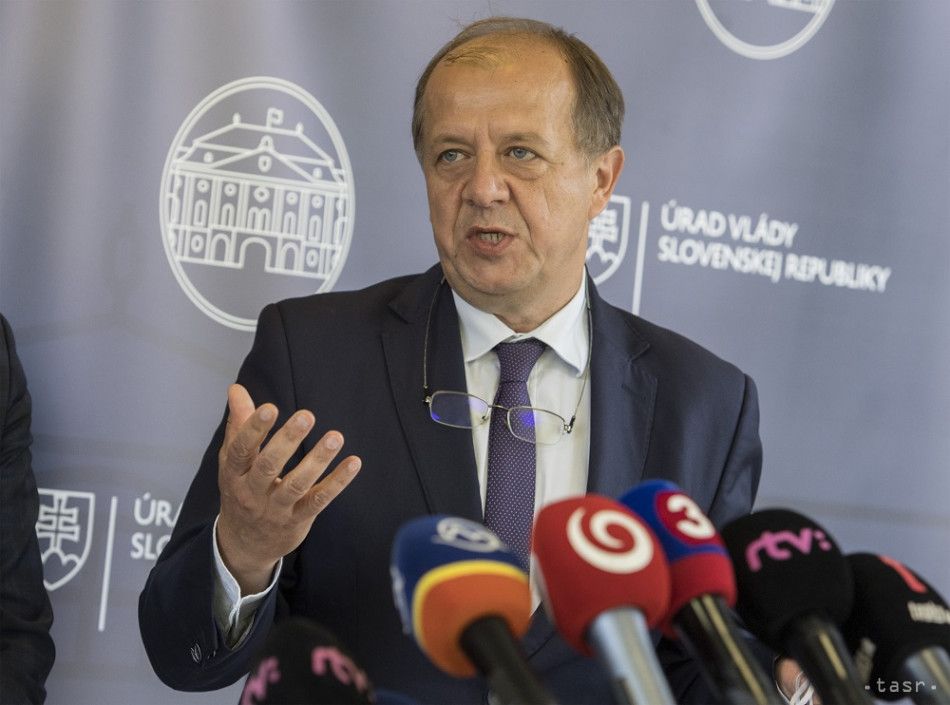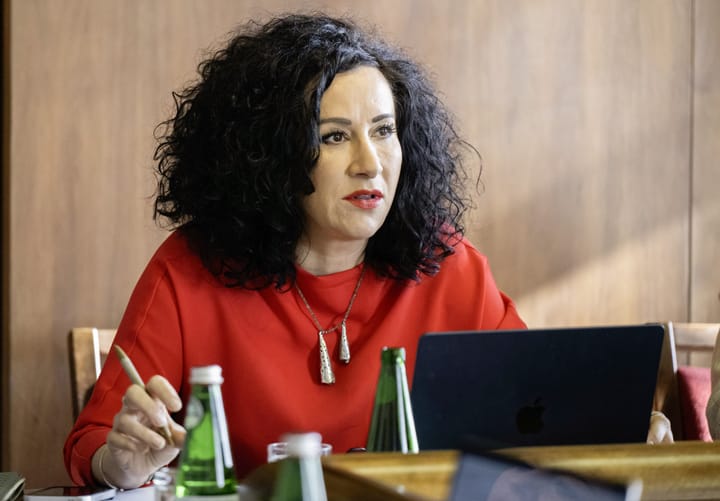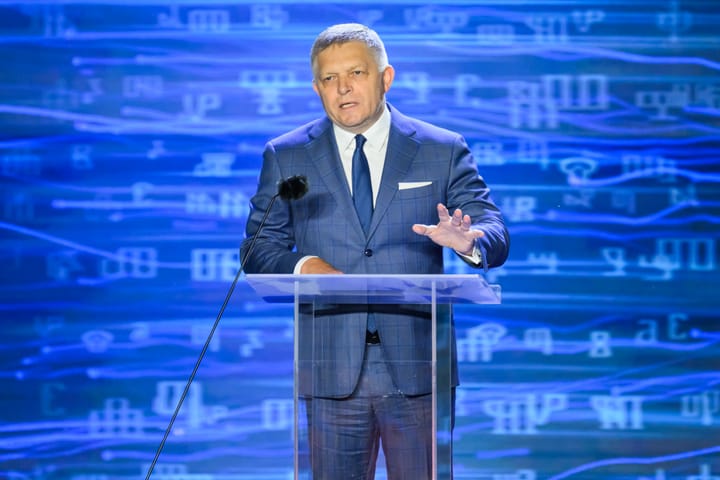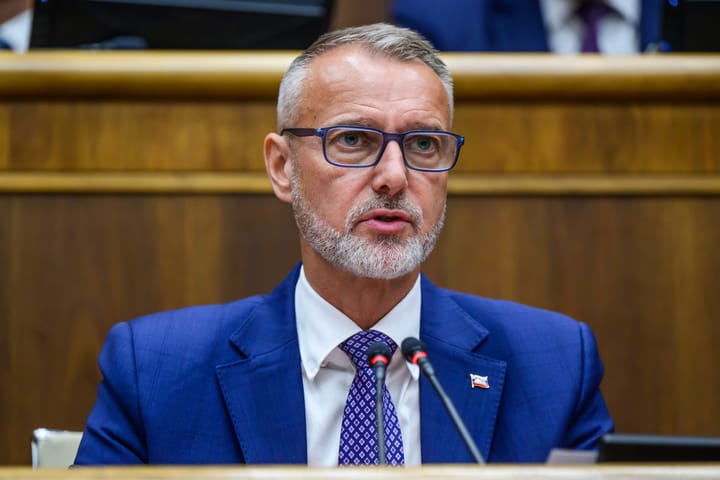UMS Suggests Scrapping Current Regions or at Least Reducing Their Number

Bratislava, November 12 (TASR) – The Slovak Towns Union (UMS) suggests that the current higher territorial units (VUCs), or regions, should be scrapped, as it views their current position and powers as very weak, said UMS officials following their meeting with President Zuzana Caputova on Thursday during which they presented to her their proposal for the public administration reform.
An alternative could be reduction of their number to four regions plus the city of Bratislava and strengthening of their powers and financing. They would thus have their own economic, tax and school policies, which might result in reduction of the number of ministries.
According to UMS, it is necessary for the government to make a definitive decision as to whether it wants to reform public administration, and not only at the level of local governments, but also at the level of state administration. They said that the coronavirus pandemic unveiled weak points of the state administration’s functioning.
“If it is to remain as it is now, without a shift of powers and money from the central government lower, there’s a need to open a debate as to whether VUCs in their current form make sense at all,” said UMS President and Trencin mayor Richard Rybnicek. One of options that the Government can choose are stronger regional governments, he said. VUCs thus wouldn’t have to be scrapped, just their number would be reduced.
Rybnicek believes that Slovakia doesn’t identify with the current borders of regions, as they have been set by a political decision. “The current position of VUCs is very poor,” stated the UMS president, who views VUCs in their current form as absolutely useless.
Caputova suggested that officials of UMS, the Towns and Villages Association (ZMOS) and the Self-governing Regions Association (SK8) should sit at one table and agree on a joint position on the public administration reform they will present to the Government. UMS representatives also informed the head of the state they were promised by the state that their costs related to the first and second wave of the coronavirus pandemic and the countrywide testing will be refunded to them by the end of the year at the latest.



